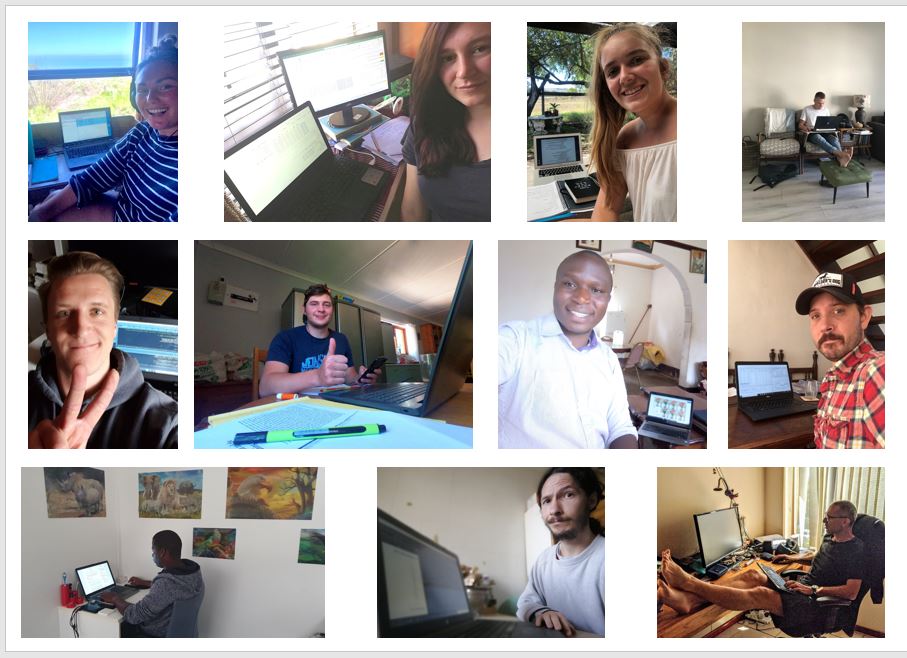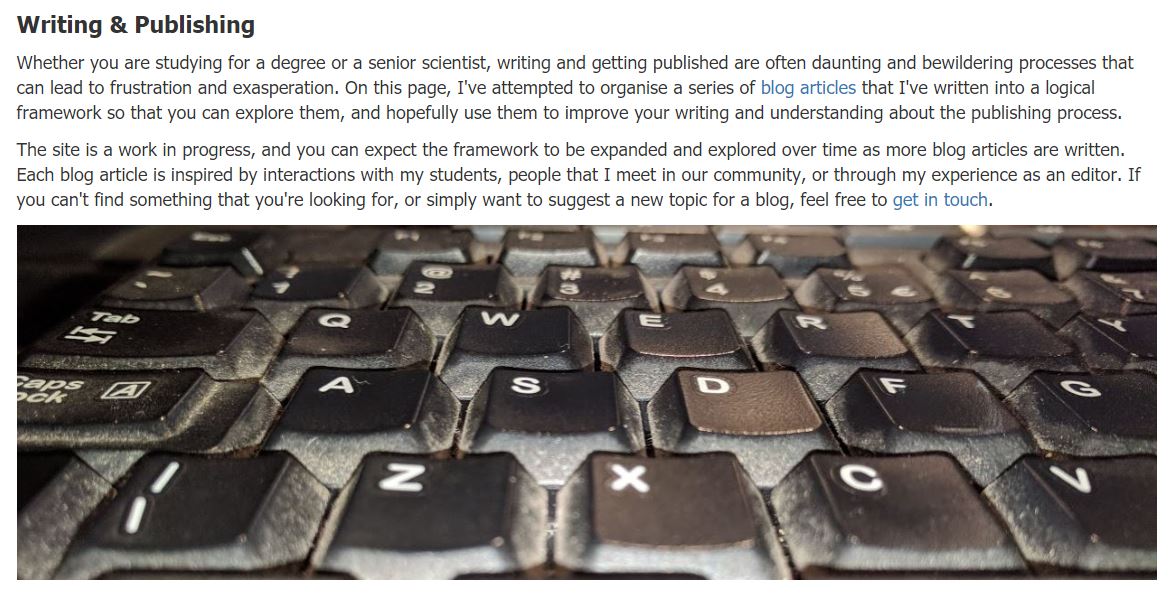Making a schedule of work to do...
Lockdown has come to us all. At the time of writing, we (in South Africa) have just completed our first full week of lockdown due to the emerging Covid-19 pandemic. Almost everyone has returned home to self isolate. Some lab members are back with their families, others are in their accommodation in Stellenbosch. The university has closed its doors during this period, and all experiments and practical work has stopped.
Whether we wanted it or not, we now have an opportunity to write up completed projects, or plan the work that we want to do. While the lockdown might come with many unwanted restrictions, it does allow all MeaseyLab members to concentrate on analysis and writing.
But how should we remain productive, or (for some of us) how do we even start getting into a productive cycle?
Try to enjoy your lockdown period, and make it as productive as you can. Everyone has their own way of working, but if you are struggling here are some tips that I find useful:
Schedule your work & mix it up
There are some tasks that we have that are more fun than others, and it's nice to have something that you can look forward to. Thus, making a simple schedule for your work where you indicate what you are doing and when can really help.
- Know when you are more productive, and plan accordingly
- some of us work better first thing in the morning, and others in the evening. Get to know yourself and plan to do the difficult stuff when you're fresh - or warmed up!
- Make a "To Do" list
- this will help you know what some of the little tasks are as well as bigger blocks.
- If you really only have one thing to do (e.g. write PhD proposal), then break this up into smaller workable chunks so that you can start ticking them off
- don't underestimate the importance and satisfaction of ticking off items on a to do list. Put it up on your wall, use coloured pens. Anything that makes it more satisfying for you
- Don't become a slave to any schedule that you make
- when you are being really productive, don't stop just because your time is up.
- conversely, when you're failing on a task don't stay with it when its time is up. Move on and come back to it soon. Even when you aren't doing this task, your brain will continue working on the problem.
- Some problems do much better after a nights sleep, so if something is really bugging you then distill it and read this summary before you go to bed. Let your brain work on it overnight and reflect on what you think in the morning. It's worth having a go!
- Be aware of what eats into your time (e.g. social media!)
- if you really need to do this, then put it into your schedule for a less productive time when you know that you'll be flagging.
- When it's not scheduled, keep it off your desktop and avoid having alerts on your phone
- Be logical in what you choose to do when.
- Don't plan to write your results when you haven't analysed your data.
- Include items that are non-work into your schedule:
- such as coffee/tea breaks, social media fixes or exercise slots, and communicate these with anyone that you are in lockdown with (especially if they are prone to interrupting your most productive periods).
- and include little things like writing or updating your profile for this website or the CIB website. Part of remaining productive is achieving little things on your to do list, as well as the really big items.
- Plan meetings with other lab members (on zoom, skype or whatsapp), and keep communicating with your advisor, even if it's just to check in. It does help to chat about what you are doing as it helps you to verbalise and forces you to put it into another perspective.
- Don't spend too much time in this scheduling - it could end up eating all your time!
Don't forget that there is information on writing elsewhere on this website:


